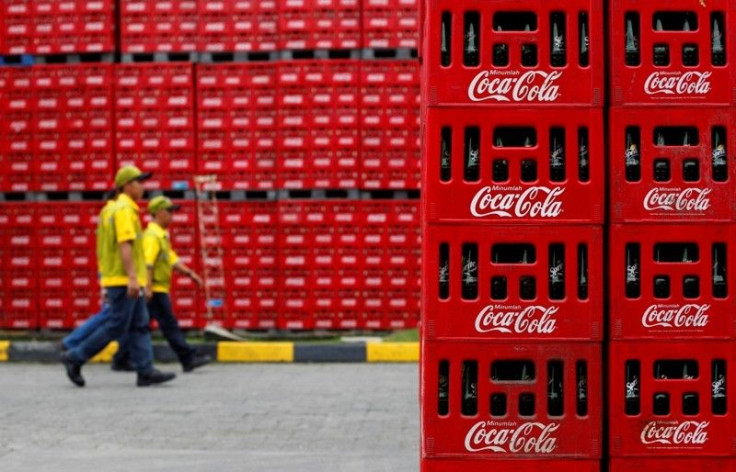Coca Cola first to tackle water crisis: Set to achieve water replenishment goal 5 years early

Coca Cola and its bottling partners had set out in 2007 to replenish all the water it uses by 2020, but with the target expected to be met by the end of the year the company looks set to achieve its goal five years ahead of schedule.
The drinks manufacturer, which produces Sprite, Diet Coke and Powerade, announced on Tuesday that it has already returned about 94 percent of the water used in its finished according to the sales volume recorded in 2014, when approximately 305 billion litres water was used to make 163 billion litres of beverages.
This translates to returning approximately 126.7 billion litres of water used in its manufacturing processes back to communities and nature through treated wastewater last year. Combined with the fact that Coca Cola has undertaken 209 community water projects in almost 61 countries and returned approximately 153.6 billion litres of water to the community and environment since 2004, the beverage giant is set to be the first global food and beverage company to replenish all the water it uses back to communities and nature.
“There is no resource more precious to human life and the health of our global ecosystems and economies than water. As a consumer of water, the Coca-Cola system has a special responsibility to protect this shared resource. This is why we set an aspirational goal of being water neutral by 2020,” Chairman and CEO of the Coca Cola company Muhtar Kent said .
He further added, “While we have made significant progress toward making that goal a reality, we are more intent than ever to give back the equivalent of all the water that we use to communities and nature. And we will continue to do so after we meet the 100 percent goal.”
Greg Koch, senior director of global water stewardship at Coca-Cola, attributed the company’s success to scientists who helped to conduct the wastewater treatment properly.
Other instrumental partners include The Nature Conservancy (TNC), which designed the methodology to quantify Coca-Cola’s water replenishment efforts to balance the water used in finished beverages, as well as the Coca-Cola Africa Foundation’s Replenish Africa Initiative (RAIN) and the Company’s Every Drop Matters partnership with United Nations Development Programme (UNDP) .
Sustainable business consortium Ceres reported in May 2015 that most food manufacturing companies are not ready to handle the water crisis expected to increase the cost of food and water, The Guardian reports. Coca Cola, however, seems to be an exception, becoming the first company in the world that is working on replenishing and returning all used water to local communities and the environment.
Contact the writer at feedback@ibtimes.com.au, or let us know what you think below.





















